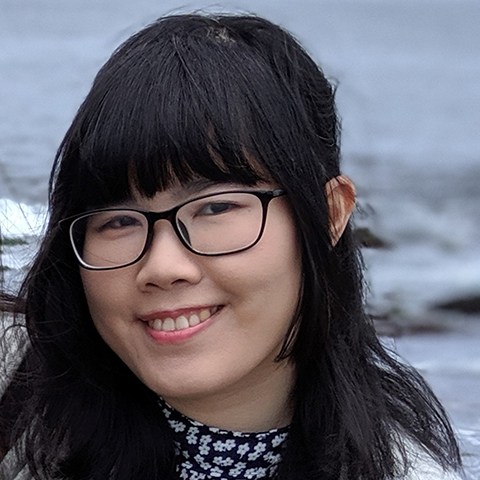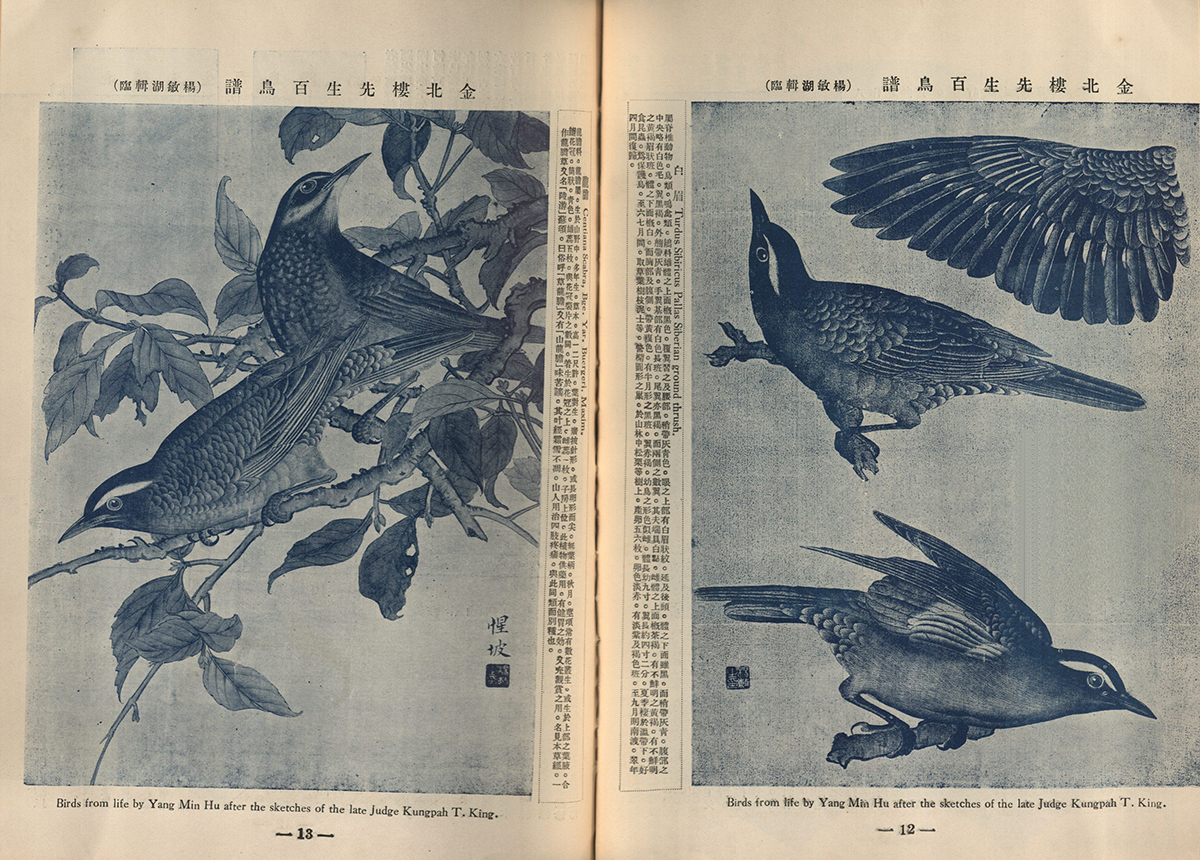
to top

Thesis Topic
My project examines the conceptual shift of Chinese ink painting as it emerged as a modern art category and a modern field of study during the 1910s and early 1920s. Focusing on the case of Beijing-based artist and art educator Jin Cheng (1878-1926) and his overlooked scheme of ‘studying past methods to pursue new knowledge,’ this study sheds light on the understudied interactions between traditionalist artists and the intellectual transformations in Chinese societies initiated by the process of modernization. It argues that these interactions between artists and their new audiences, between art discourses and new systems of knowledge, enabled traditionalist artists like Jin to navigate past artistic traditions with new lenses and to explore the cosmopolitan possibility of Chinese painting in the modern era as a significant venue for cultural exchange.
This study also offers a reassessment of Jin Cheng, who was portrayed as a firm-minded conservative defender of cultural tradition, and of the transition of artist’s identity from late Qing to the early republican era. By closely examining the social and intellectual contexts and the transnational connections that shaped Jin’s artistic choices, this study complicates the image of amateur scholar as a persistent cultural ideal and reveals how new professional identity was pursued by traditionalist artists like Jin during the twentieth century.
